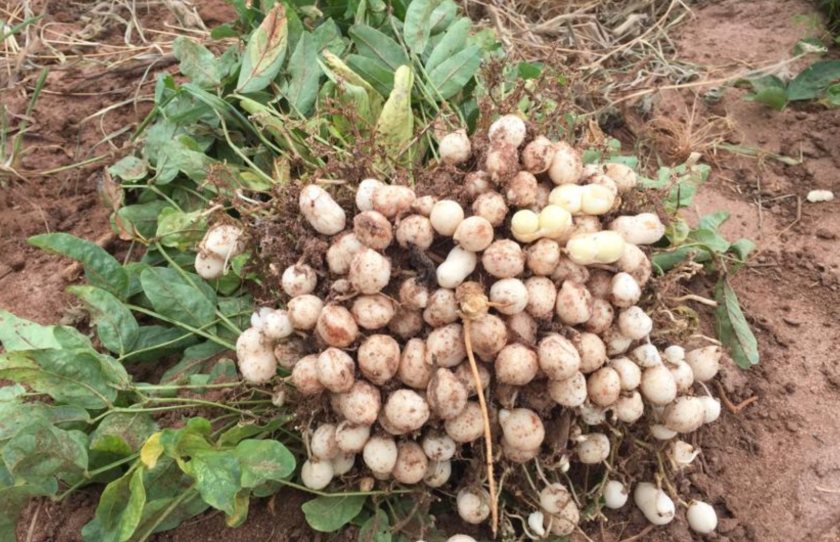
Two ambitious UK-led projects are putting overlooked crops centre stage in the battle against global food insecurity and climate change.
Researchers are focusing on pigeon pea and Bambara groundnut — hardy, drought-tolerant crops that thrive in poor soils and could help protect millions of people from hunger in climate-hit regions.
The first project, led by Nottingham University, will explore how rising temperatures affect the root systems of pigeon pea, a grain legume vital to smallholder farmers in South Asia and sub-Saharan Africa.
Pigeon pea not only provides nutrition but also enriches the soil and supports household incomes. However, scientists warn that increasing heatwaves could cut yields and worsen food insecurity.
Using advanced scanning technology, the team will study root growth and soil interactions to develop strategies for making the crop more resilient.
Dr Rahul Bhosale, associate professor at the University of Nottingham and project lead, said: “Resolving this scientific challenge could have far-reaching implications.
"In the long term, this work could contribute significantly to safeguarding food security, reducing poverty, and promoting sustainable agricultural practices.”
The second project focuses on Bambara groundnut (Vigna subterranea), another underutilised crop with remarkable potential. Nutritious and well-suited to poor soils, it is a lifeline in areas facing water shortages and malnutrition.
Led by Cambridge’s Crop Science Centre and the International Institute of Tropical Agriculture, with Nottingham as a key partner, the project will develop the genetic resources and breeding tools needed to create improved varieties.
Dr Bhosale added: “It’s hugely exciting to be part of this international research team. By combining cutting-edge science with practical breeding and knowledge transfer programmes, we are well-positioned to achieve the goals of this research and ultimately find new ways to maximise the use of these crops.”
The pigeon pea research is supported by ICRISAT, CIMMYT and national agricultural institutes, while the Bambara groundnut work involves the International Institute of Tropical Agriculture and other global partners.
Both projects are funded through UK International Development and the Biotechnology and Biological Sciences Research Council (BBSRC).
Together, they highlight how science and international collaboration could unlock the potential of forgotten crops to tackle hunger, poverty and the impacts of climate change.
